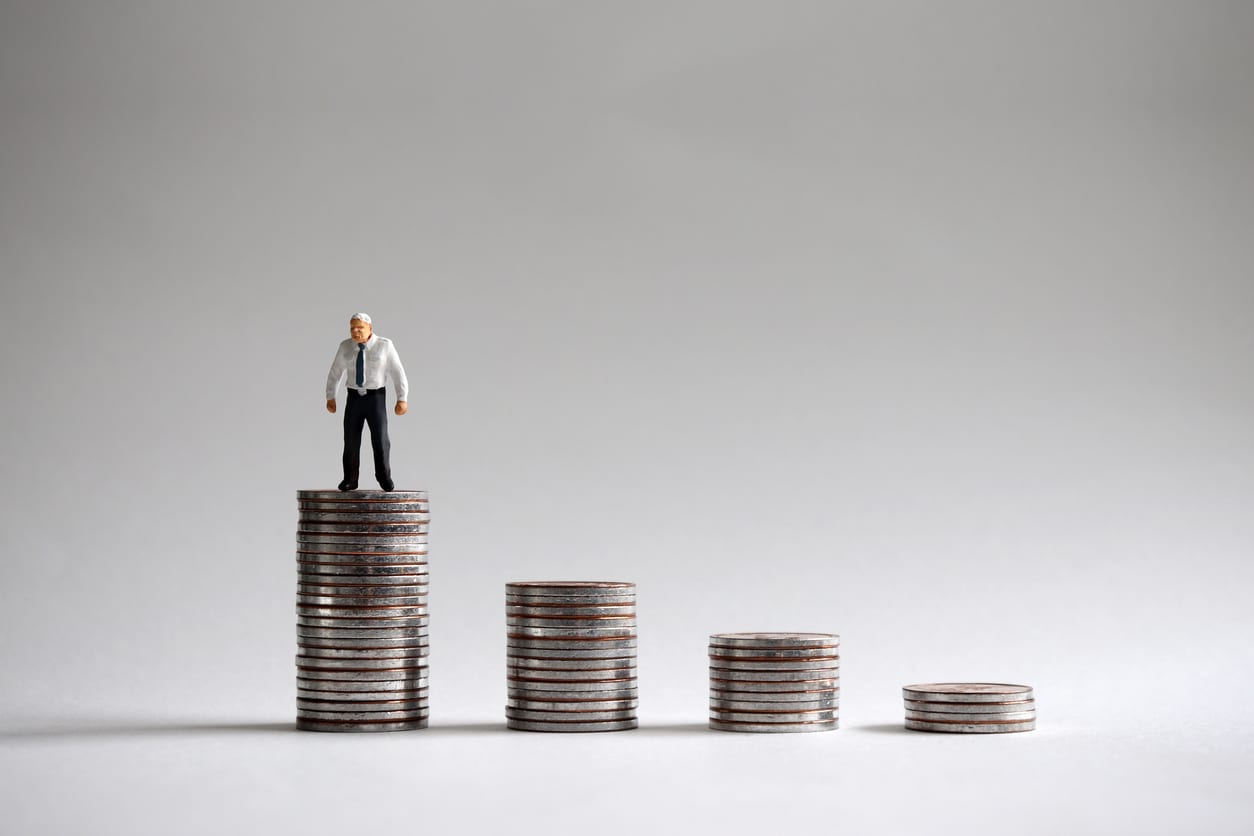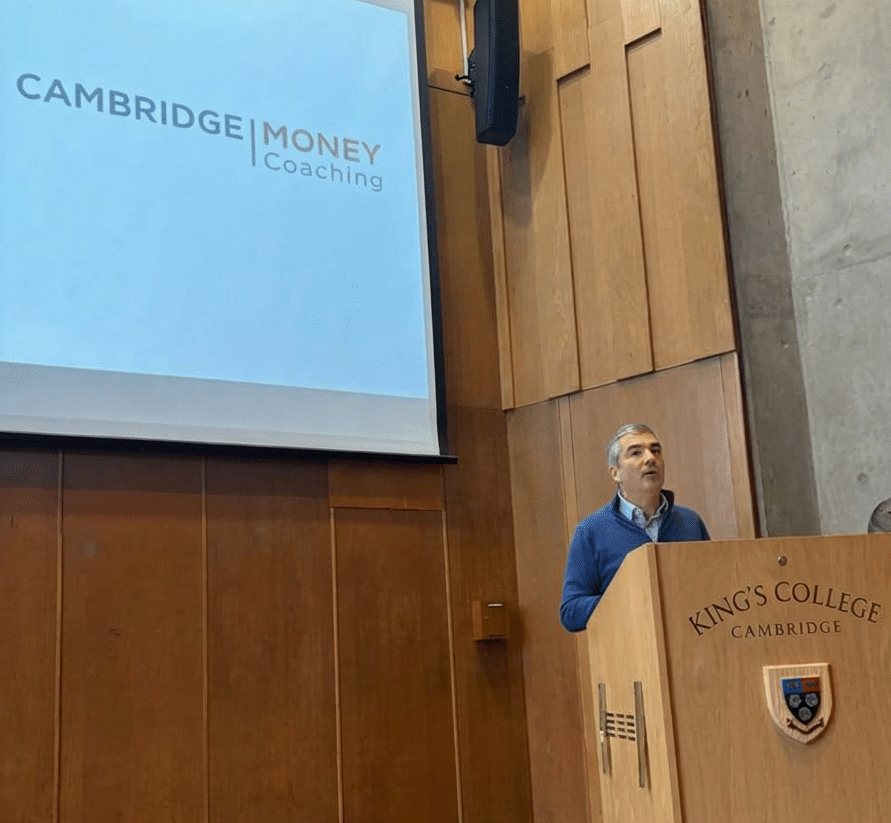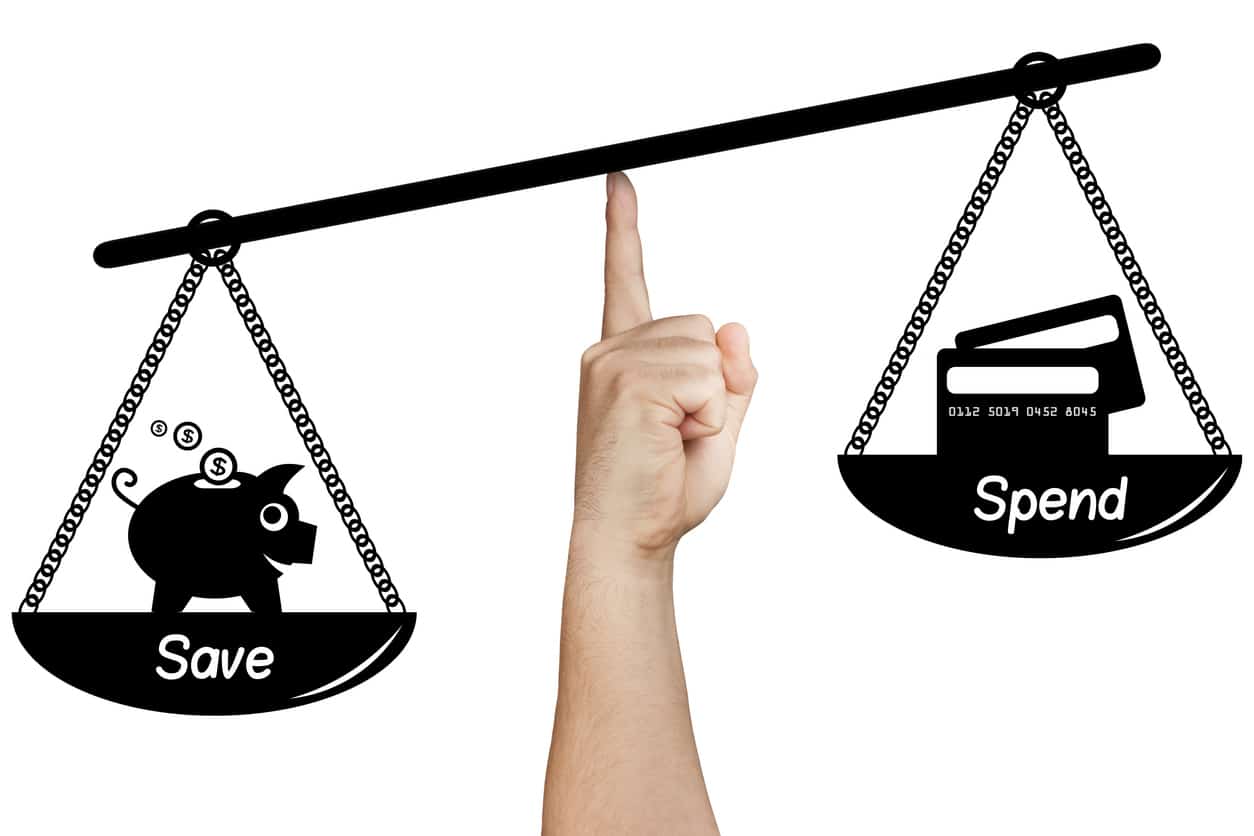You’re asking it to do too much.
Money has been around in various forms for over 2000 years. But money, in the way we use it today, has only been around for about 350 years. Prior to that, money existed but most people had little access to it.
Before money, and for most of humanity’s existence, our survival needs were met through being in communities. Sourcing food and creating shelter were communal activities. Child rearing was a community activity. Entertainment, learning, healing, safety, protection were community activities.
Status, belonging, identity were based in community.
A lot has changed. Before the industrial revolution, 85% of the population lived and worked on the land.
Now, only about 20% of the population lives in rural areas and only 1% work in agriculture. Industrialisation changed how societies are organised.
And, running through all those changes is the evolution of money.
From the Lydian coins of 650BC, to the financing of trade and the cryptocurrencies of today, innovations in money have been at the heart of progress.
Money – in its most basic form – evolved as a store of value and a medium of exchange. And it’s this form of money that allows us to meet all our survival needs without community.
We exchange our time and energy for money and we use that money to buy food, shelter, social acceptance, safety.
Thus, money itself has become a core survival need. That creates its own set of issues because core-survival behaviour is driven mainly by our subconscious patterns, beliefs and emotions.
And at the same time as meeting our needs, money has become a measure of worth and an indicator of value.
In a society where we lionise financial success, having money allows us to signal status. We also get to use money to buy things to make us feel better about ourselves, even though this never really works.
As money has replaced community as the main way to meet our survival needs – including social acceptance, self-esteem and control – it’s started to take on a lot responsibility. We are asking it to do a lot for us, and we are asking it to do a lot of things that it wasn’t designed to do.
The next time you blame money for something in your life, maybe check to see if it really is money’s fault. Maybe you’re asking it to do something for you that you could, or should, be doing for yourself.
Maybe you’re asking money to do something that can only be met through community. Because that’s how we evolved to get out needs met.
If you’d like to explore what money means to you, let’s start with a chat.
If you’d like to explore money behaviour with your clients, we can teach you how.





